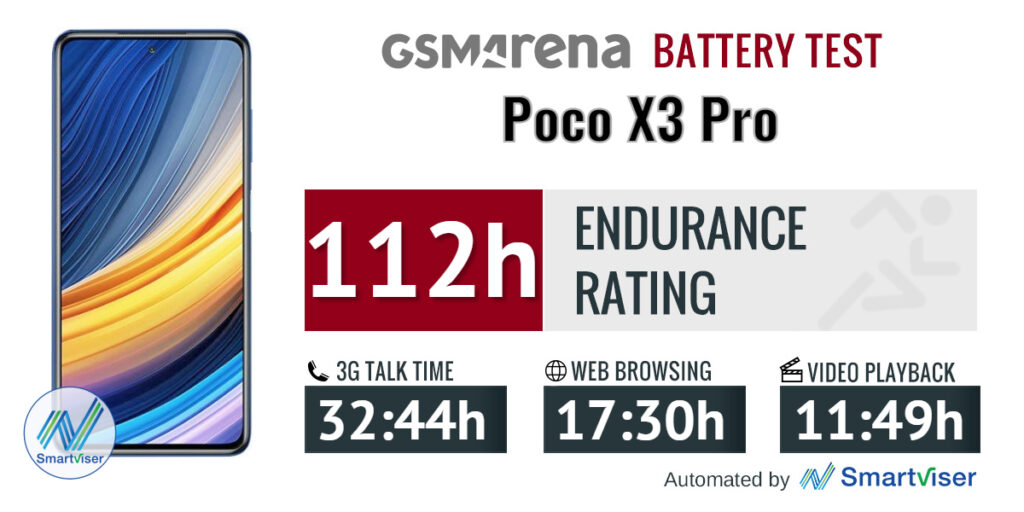Blogging Is Underrated
Blog posts are overlooked more often than they should be when it comes to business websites. Blog posts enrich the variety of content in any website. For business websites, you definitely want more reasons for your audience to visit your website in a regular and habitual basis. If you think about, product and service information can only do so much in terms of retaining and attracting new audiences.
Unless your business regularly showcases product launches and service promos, then any website will eventually run out of content ideas. However, blog posts can fill in the role of providing your audience of fresh and valuable content that entices them to visit your website often. At Sharp Tack Media we strongly believe that blogging is an under utilized tool that businesses are not taking adavantage of to its full potential. For all of our Clackamas website design projects we ensure that there is a blog section on the sites and that our clients understand how to take advantage of the features.
Here are 5 tips in creating great blog posts for your business website
Think Of Content Ideas That Can Be Useful For Your Audience
Blog posts should ideally be about relevant topics that can be of great use for its audience. People like to read about topics such as ‘Top Tips For X' or ‘How To Choose The Best X' since it provides them with relevant information that improves their status as an informed consumer and an informed individual. Topics such as those are not meant to directly boost your business's image. However, it does accomplish this goal indirectly by giving your audience valuable content that matters to them and they will then begin to associate your brand as credible.
In this manner, blog posts indirectly boost your business's image and can further increase website traffic. So whenever you think of blog topics, be sure that you take the perspective of your audience in mind and find topics that not only are relevant to your business's industry, but most importantly, topics that truly matter to your audience.
Blogs Are Not Meant For Sales Pitches
Your audience wants to read relevant and meaningful content, not sales pitches. Sales pitches are not the same as product launches. Sales pitches means consistently uploading and bombarding your your audience with relevant but meaningless content. Of course, it won't hurt to promote a product every now and then, but doing it so in a consistent manner might annoy your audience.
The worst case scenario is that it might discourage your audience from visiting your website in the future, thus driving down traffic. However, there are ways of making sales pitches attractive content to read. Pros & cons topics and compare & contrast articles are indeed sales slanted but structured in a thought-provoking manner. So if you are going to promote any type of product or service, be sure to write in an interesting manner.
Blogs Should Have Thought-Grabbing Titles
Readers habitually judge the quality of any content based on the titles. Thus, making persuasive titles should be a crucial process to consider. After all, your audience's willingness to read certain articles are based on only a few words. I’m pretty sure you've done it as well. We've all done it as online readers by picking out articles we want to read by the strength and attractiveness of its title.
Another tactic to strengthening a title is to include numbers since it immediately grabs the attention of any reader. Also, don't forget to have your titles SEO optimized. Incorporate common keywords in your title that make it easier for search engines to put it up in your audience's search entries.
Never Forget The Human Element In Blogging
Blogs are meant to be written with an informal manner. They're not peer-reviewed articles. So keep the jargon and technical language at a readable level. Use personal pronouns such as ‘you' and ‘I'. Your audience wants to be assured that the person writing behind it is a living and breathing human. They want to encounter a conversation-esque aura when it comes to articles. It allows for a personal level of connection and familiarity between the readers and the content provider.
Blogs Should Be Kept Short & Simple
Again, your readers don't want to be reading peer-reviewed articles. Blog posts are meant to be easily digestible and informative. So be sure to never make article that are too long. A minimum word count would be 400-500 words but for lengthy articles, then can be anything from 700 – 1000 words. But there isn't a clear cut guideline for word count since every article is dealing with different topics that require a different level of discussion.
For example, people are more likely to read product reviews that are 300-500 words long but might lose interest if its 1500 words long. In short, the appropriate word count of your article depends entirely on the topic, but it should be kept at a digestible length relative to the topic’s nature.
Conclusion
Making blog posts on a frequent basis can be stressful and time-consuming, which is actually one of the many reasons why some business websites don't have blog posts or don't have a great variety of such. You don't have to do this alone though. You can definitely hire someone to contribute content to your website. Inform them of your content specifications and the desired goals for each article. A business website rich in relevant and meaningful reading material can definitely boost user traffic and enhance the business's image.








